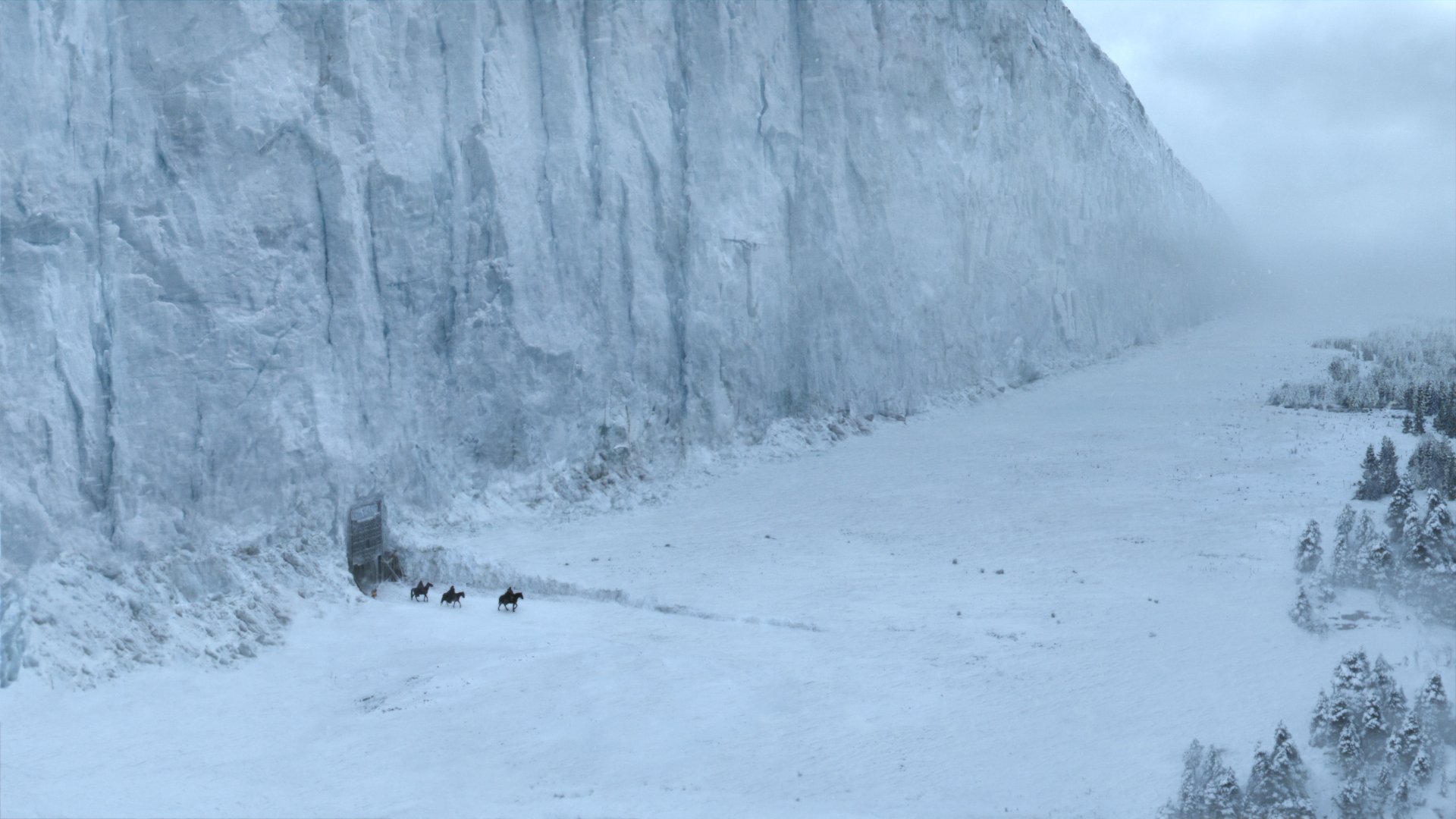When the Dark comes rising, six shall turn it back;
Three from the circle, three from the track;
Wood, bronze, iron; water, fire, stone;
Five will return, and one go alone...
I just finished listening to one of my favorite stories: The Dark is Rising series, by Susan Cooper. Although I think the audio would have read better by someone with a higher voice (most of the protagonists haven't hit puberty yet), the readers (Alex Jennings, Richard Mitchley) capture the ominous, atmospheric tone perfectly and do homage to the lilting, musical Welsh. This story features five children in a retelling of the Arthurian legend, and the battle between good and evil, in the latest century.
It's one of my favorite stories, especially of the fantasy incorporating the Arthurian mythology. Even now, almost sixteen years after first reading The Dark is Rising, the writing captivates me. I know exactly what happens next, and yet, I feel the same sense of urgency Jane, Simon, Barney, Will, and Bran feel as they fight the battle of an era, facing an ancient world of great power and magic with sometimes only faith and imagination as a shield. I love the characters and the way the old magic interacts with each of them.
 |
| A word cloud incorporating reviews from Amazon and Goodreads |
Critique
It's true that there isn't a whole lot of actual action. The Dark presents a subtle danger; it works through persuasion more than violence. This criticism apparently led screenwriter John Hodge to reinterpret The Dark is Rising novel by changing Will from 11 to 13 and from English to American; eradicating the "lyrical" tone of the books; and creating action where Will "doesn't really do very much." (Read the 2007 NPR story, All Things Considered)
I wondered if people still enjoyed these books, between the dated language and epic scale, so I scanned reviews from Amazon and Goodreads to get a feel for popular impressions. Positive Amazon reviews come from people who fondly remember reading the books as children and purchase them to share with the next generation.
More negative reviews come from folks who are expecting a comparison to Harry Potter. I see reviews that recommend The Dark is Rising series to Harry Potter fans, comparing 11-yr-old magical Harry to 11-yr-old magical Will, ignoring critical differences in writing style and tone. Destiny plays a large role in the books, and destiny isn't as popular now as it was with Middle-Ages romances. One valid critique from a 17-year-old states, "The entire story just seemed too easy. Everything worked out according to prophesy, no interesting twists or such."
Following the Old Ones through time and space can also be a bit much for us mere mortals, and I'll admit, sometimes I come back to the narrative wondering what just happened. It's intentional on the author's part. This is the 20th century Arthurian legend, complete with quests, magics, and all the destiny one can pack into it.
Notably, people who prefer the Drews and the tone of Over Sea, Under Stone tend to dislike the rest of the series, while fans of the more otherworldly Will Stanton and his novel, The Dark is Rising, are more likely to approve the whole sequence. The former is more of a simple children's quest, and has a drastically different read (perhaps because it is written long before the others).
Even with the criticisms, those who stick with the books are impressed by Susan Cooper's love for her native England and Wales, a professed homesickness that creates a rich, unique tone for the books. Story and setting are linked by the history of Arthur, and Cooper thrives on this. The "lyrical" quality Hodge deemed impossible to convey in film is the quality fans follow with devotion. I know my friends and I memorized the poems in the books!
Did you know?
A cool fact about Cooper, from an interview:
"J.R.R. Tolkien and C.S. Lewis were both teaching when I was at Oxford and without a doubt influenced the lives of all of their students. As dons, they had set the rule that the Oxford English syllabus stop at 1832 and that it be heavy on Middle English and writers like Malory and Spenser, so, as a friend of mine says, they taught us to believe in dragons."
Recommendations
I would pair the books of Susan Cooper with C.S. Lewis, Brian Jacques, T.A. Barron, T.H. White, Edward Eager, J.R.R. Tolkien, and the wonderful Diana Wynne Jones.
Awards and Author
For those interested, the Dark is Rising books are published between 1965 and 1977, and won numerous awards, including:
The Newbery Honor for The Dark is Rising (1974)
The Newbery Medal for The Grey King (1976)
The Welsh Tir na n-Og Award for The Grey King (1975)
The Welsh Tir na n-Og Award for Silver on the Tree (1977)
National Education Association Teachers' Top 100 Books for Children for The Dark is Rising (2007)
School Library Journal Top 100 Children's Chapter Books for The Dark is Rising (2012)















